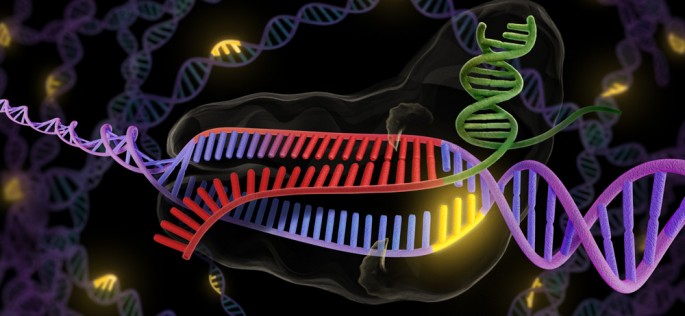The International Society for Stem Cell Research (ISSCR) is urging to stop the tampering and editing of the human germline genome in order to to get involved with a larger discussion among scientists along with the public that will tackle ethical issues.
To date, editing DNA has developed into an easier, faster and cheaper process where changes can be applied to genetic code not only in embryos but also in adults as well.
The method used for the gene editing, called the Clustered regularly interspaced short palindromic repeats (Crispr)-Cas9 and it is a relatively simple genome engineering technique. By developing this breakthrough innovation, this could increase the prevention of genetic diseases and disorders and be used to create custom designed babies.
Germline cells are those that possess significant differences where their characteristics are passed on to their offspring from sexual reproduction.
Researchers have announced with their new findings that it is now possible to conduct genome modifications in fertilized animal eggs and emrbyos by altering their genetic makeup of every differentiated cell in the organism so that changes will be inherited to the organism's progeny.
According to one of the pioneers of the Crispr-Cas9 method, Jennifer Doudna of the University of California, Berkeley, she is urging this immediate moratorium along with David Baltimore who's also a Nobel Laureate and former president of the California Institute of Technology.
This new study warns about the "slippery slope" of applying germline genetic modification that can lead to unexpected results.
The ISSCR stated that germline genome can be permitted for therapeutic applications however this ability to eradicate disease is being used as a justification for human germline editing and this can cause distinctions between applications regarding human disease and human enhancement.
The authors also believe that scientists have still not gained a thorough undertanding of the long term effects of this gene editing. However when it comes to the development of mitochondrial replacement therapy where the energy centers of egg cells are replaced with healthy ones of the organelle, the group does not currently take a position.
The DNA inside the nucleus of cells are not apparently affected during mitochondrial replacement compared to human germline genome modification.
Across the world, many countries have already banned any type of DNA editing that can be passed to the next generation and so forth. The U.S. has already implemented regulations against these developments that can alter DNA and produce uncontrolled effects for decades.
However, the creation of "designer babies" in the near future that is being legalized in some nations are causing alarm among the authors that lead to this moratorium.This letter is published in the journal, Science.



























